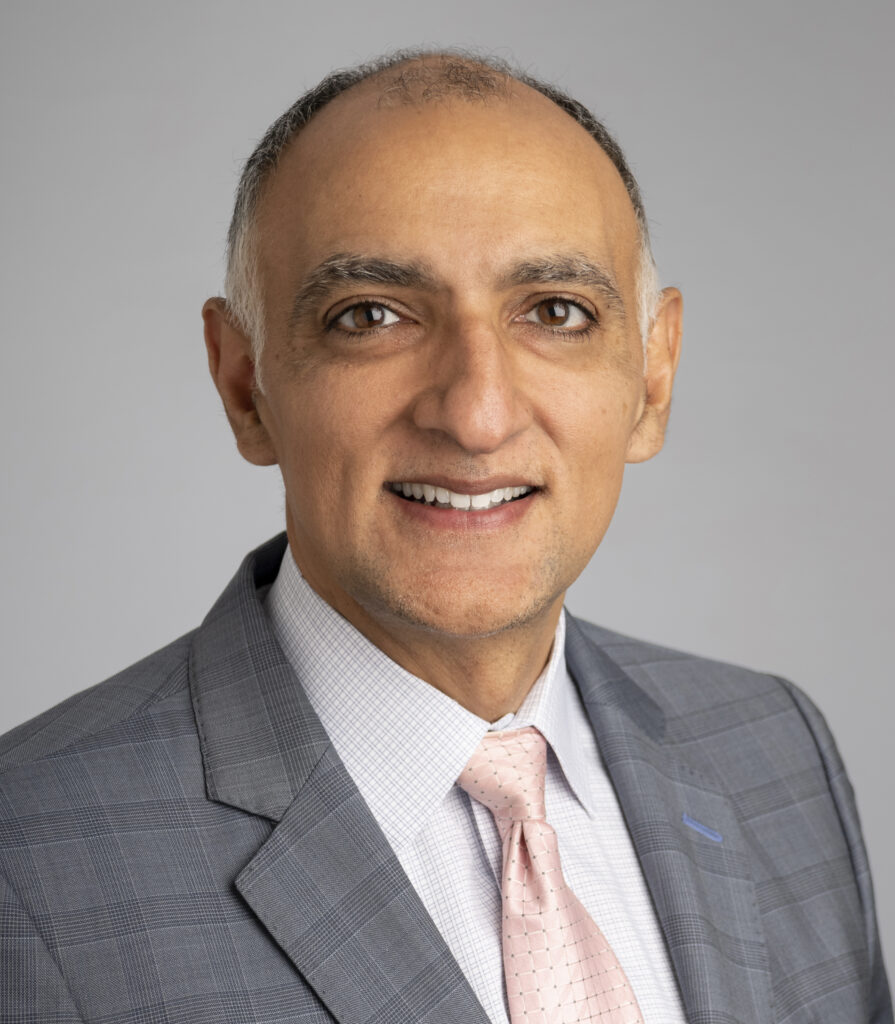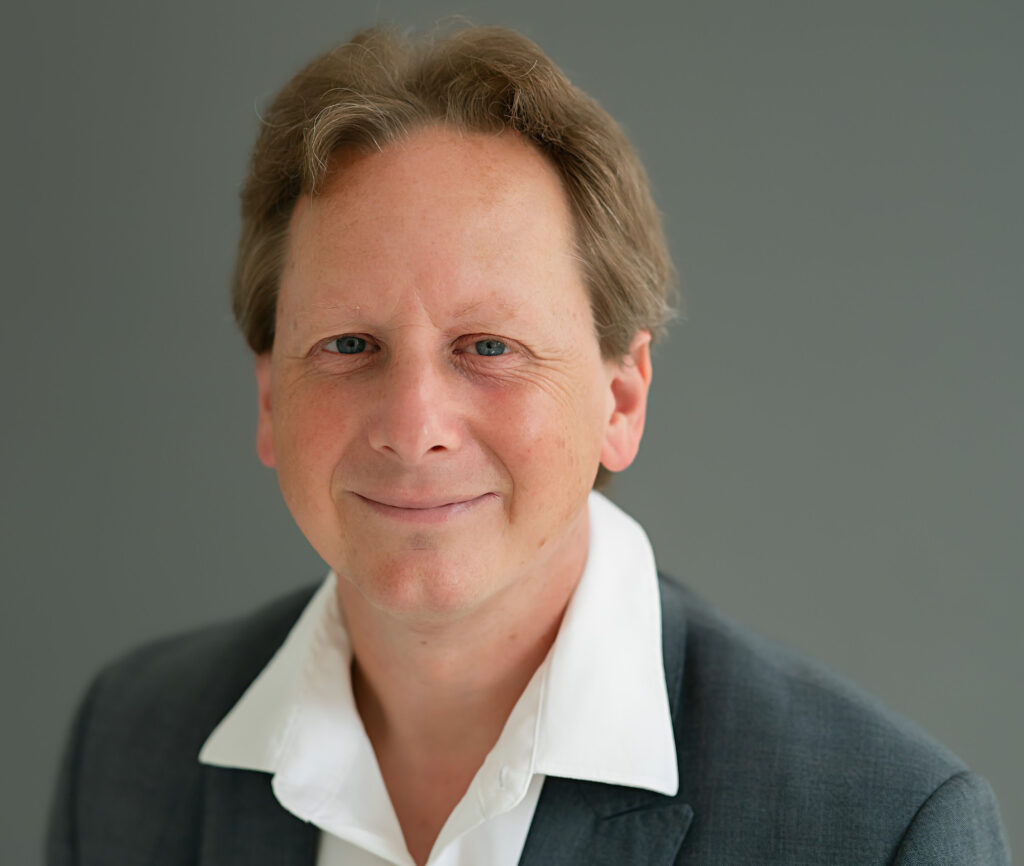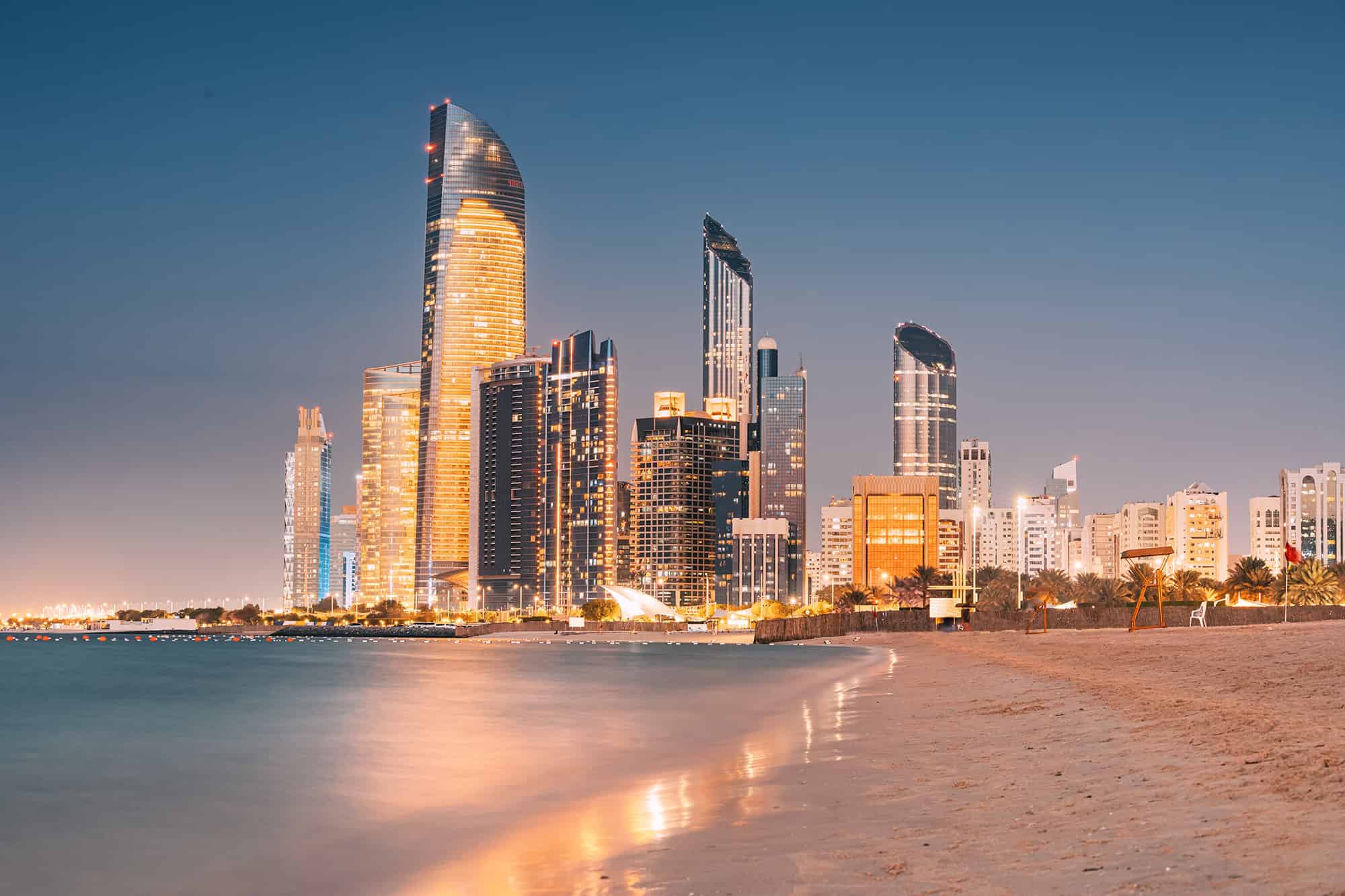Why ADGM is attracting global asset managers.
Abu Dhabi is positioning itself as a major hub for international asset managers and hedge funds, challenging Dubai’s long-standing dominance in the region. The emirate currently ranks second in the Middle East and Africa and 35th globally on the Global Financial Centres Index (GFCI 36).
Dubai International Financial Centre (DIFC) remains the Gulf region’s powerhouse; in 2024 alone, over 260 banking and capital market firms, 410 wealth and asset management companies (including 75 hedge funds), and 125 insurance and reinsurance firms established offices there.
Abu Dhabi, the capital of the UAE, is closing the gap, however. At the heart of this effort is ADGM, the emirate’s financial free-zone. ADGM reported an impressive 245% growth in assets under management (AUM) in 2024, compared to 35% in 2023. It now hosts 134 asset and fund managers overseeing 166 funds. Global financial giants like Nuveen, PGIM, and General Atlantic have all established operations in Abu Dhabi, highlighting its rising appeal.
ADGM’s expansion has propelled the financial sector’s share of GDP in the emirate, which has expanded by an average 11% a year over the last three years, says Justin Alexander, director of Khalij Economics and Gulf Cooperation Council (GCC) analyst for GlobalSource Partners. While some of this growth is due to the post-Covid rebound, four key factors make ADGM a compelling international financial center, he argues.
“Firstly, is the ease of establishment,” he says. “Second is a growing ecosystem of peers and services: the network effect. Third is the location within global trading time zones, filling a gap between Singapore/Hong Kong and Europe. And fourth is the quality of life in Abu Dhabi, which helps attract and retain global talent.”
Robust Legal And Regulatory Frameworks
Like DIFC, ADGM is based on English common law, offering transparency and a familiar legal framework for international financial firms—though ADGM applies it directly, while DIFC has its own laws influenced by it.

“ADGM supports businesses of all sizes,” a spokesperson says, “with a competitive tax environment with low to zero percent tax on profits and no restrictions on capital repatriation, cutting-edge digital infrastructure, and a plug-and-play ecosystem that simplifies the process of setting up and doing business within the jurisdiction.”
“The set-up process was seamless and ADGM’s legal and regulatory framework offers transparency and predictability, which appeals to global asset managers,” says Zia Uddin, president of Monroe Capital, a US-based investment manager that is in the process of establishing a presence in ADGM. “Additionally, ADGM provides cost efficiencies compared to other financial hubs, making it particularly attractive for start-ups and smaller firms.”
While ADGM operates under regulations like those DIFC adheres to in Dubai, it has greater flexibility in some fund structures, says Dounia Mansour, a Dubai-based partner at US law firm King & Spalding who advises international firms on setting up in ADGM and DIFC.
“An ADGM fund manager can establish and manage a fund platform without the requirement of a specific endorsement on their fund manager license,” she notes. “This streamlines the licensing process and makes it more flexible. Additionally, ADGM allows the creation of limited partnerships without legal personality, which may be, under certain circumstances, more efficient from a tax perspective.”
ADGM’s Financial Services Regulatory Authority has further enhanced its appeal by creating a progressive regulatory environment that encourages innovation.
“ADGM leads in digital assets and sustainable finance, offering innovative regulatory frameworks, including the region’s first Sustainable Finance Regulatory Framework,” says a spokesperson. For example, in December, it introduced a comprehensive framework for the issuance of fiat-referenced tokens (FRTs), broadening the range of digital assets available in a regulated environment.
Sovereign Wealth Connection
One of ADGM’s strongest selling points is its proximity to Abu Dhabi’s sovereign wealth funds. The emirate manages some $1.7 trillion in sovereign wealth assets through institutions including the Abu Dhabi Investment Authority (ADIA), Mubadala, and ADQ.
In the first three quarters of last year alone, these three funds invested $36 billion globally: two-thirds of all Persian Gulf and 26% of global sovereign fund investments placed during that period, according to research firm Global SWF.
“The existence of Abu Dhabi’s sovereign wealth funds, their strong reputations and their track record of investment activities, are all major incentives for funds to setup in Abu Dhabi or expand their presence,” says Robert Mogielnicki, senior resident scholar at the Arab Gulf States Institute in Washington.
Beyond its sovereign funds, Abu Dhabi is home to the Central Bank of the United Arab Emirates, influential UAE government bodies and business leaders, creating valuable networking and partnership opportunities.
“Abu Dhabi would still be an attractive location regardless of the federal entities that conduct business there,” Monroe’s Uddin says, “but it certainly allows us to maintain relationships more easily with those organizations.”
A Leader In Sustainable Finance And Digital Assets
ADGM is playing an active role in the UAE’s push for sustainable finance and innovation, keyed to its goal of achieving net-zero emissions by 2050.

“Sustainability is a core pillar of ADGM’s financial ecosystem,” an ADGM spokesperson says. “We integrate ESG [environmental, social, and governance] frameworks and innovative financing instruments to support responsible investing.”
In 2019, ADGM launched its Sustainable Finance Agenda, built on four principles: regulation, awareness, cooperation, and ecosystem. Three years later, it became the first jurisdiction globally to regulate carbon credits and offsets as emission instruments as well as issue licenses for exchanges to operate both spot and derivative markets. In 2023, it introduced a sustainable finance framework that includes sustainability-labelled fund rules and mandatory ESG disclosures for listed companies.
ADGM is also advancing in digital assets and alternative investments, offering a regulatory framework geared to attract fintechs, hedge funds, and start-ups involved in digital currencies and tokenized assets.
Fintech firms including Blockdaemon, Thndr, Tuum, Klub, Aspen Digital, and Symphony have all expanded into ADGM, reinforcing its position as a financial innovation hub.
The freezone is also home to HUB71, a global tech ecosystem connecting start-ups with investors, government entities, and corporate partners.
Outgrowing Oil And Gas
Despite conspicuous progress, some experts argue that the financial sector still has work to do to fundamentally reshape Abu Dhabi’s economy for the future. In multiple ways, the emirate remains a typical Gulf energy producer.
“[ADGM has been] key in terms of financial sector diversification and has helped attract foreign direct investment [FDI],” says Steffen Hertog, associate professor at the London School of Economics and a Gulf specialist. “But I don’t think [the financial sector] has yet structurally changed the Abu Dhabi economy, which remains dominated by the hydrocarbons sector and several large state funds and state-owned enterprises.”
The third largest oil producer in OPEC, Abu Dhabi relies on hydrocarbons for around 50% of its GDP. As a key driver of the UAE economy, it contributed 68% of the country’s total output in 2023. Under its Vision 2030 strategy, the emirate is focused on diversifying and decarbonizing by investing in sectors like tourism, finance, and logistics.
“Abu Dhabi has made some significant progress on diversification, including finance and manufacturing,” says Alexander. However, “given the extent of its hydrocarbon wealth, it doesn’t really have a huge need to diversify—from a fiscal perspective, at least. The dominance of state-owned enterprises would generally be seen as a problem in standard development economics, but it seems to work fairly well in Abu Dhabi.”
Nonetheless, the emirate is betting it can continue positioning itself as a global investment hub.
To support this ambition, the UAE launched its National Investment Strategy last November, targeting FDI growth to nearly $600 billion by 2031. Aligned with the “We the UAE 2031” national plan, which projects doubling the country’s GDP, the emirate aims to become a global investment destination by developing emerging sectors and attracting top-tier talent. ADGM is likely to remain a key player in supporting these efforts.




